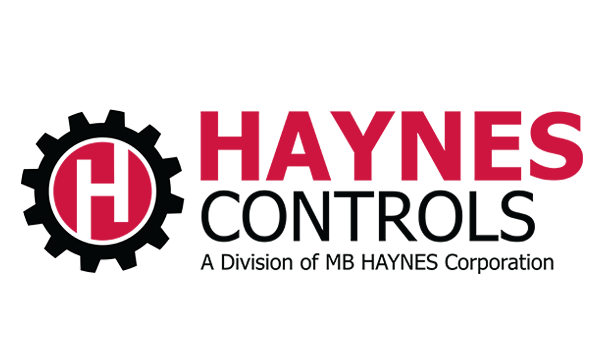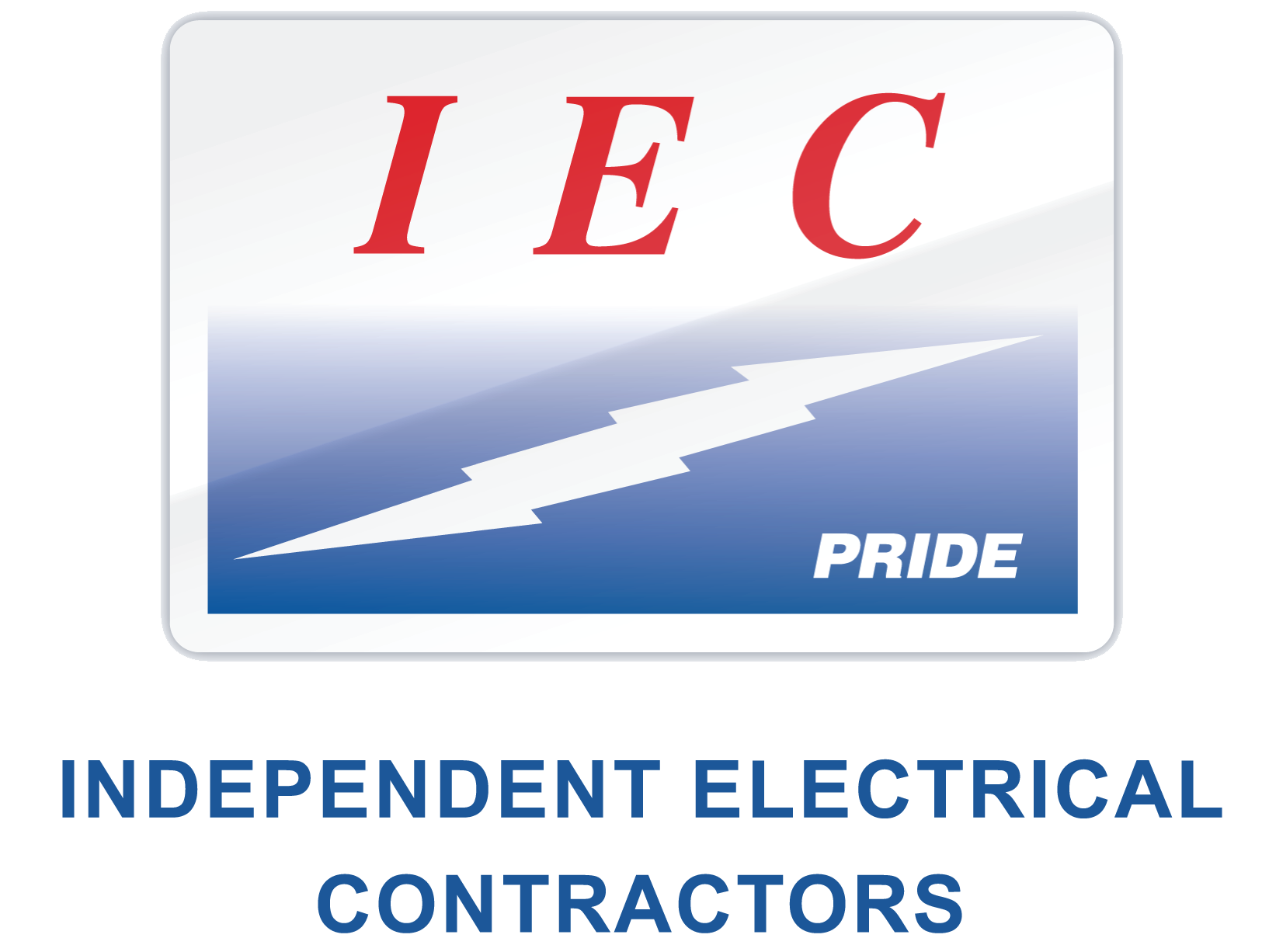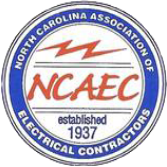
Pharmaceutical Manufacturing
 The utilization of electrical control panels in the Pharmaceutical Manufacturing Industry plays a crucial role in ensuring the efficient and safe operation of various processes involved in drug production. These control panels serve as centralized hubs that manage and regulate electrical systems, machinery, and equipment, contributing to the overall automation and control of manufacturing processes. Here are some key aspects to consider:
The utilization of electrical control panels in the Pharmaceutical Manufacturing Industry plays a crucial role in ensuring the efficient and safe operation of various processes involved in drug production. These control panels serve as centralized hubs that manage and regulate electrical systems, machinery, and equipment, contributing to the overall automation and control of manufacturing processes. Here are some key aspects to consider:
- Process Automation: Electrical control panels facilitate the automation of critical manufacturing processes in the pharmaceutical industry. This includes the precise control of temperature, pressure, flow rates, and other parameters during different stages of drug production. Automation not only enhances accuracy but also reduces the risk of human error, ensuring consistency in product quality.
- Equipment Control: Within pharmaceutical manufacturing facilities, a myriad of equipment is used for tasks such as mixing, blending, granulation, drying, and packaging. Electrical control panels are responsible for managing and coordinating the operation of these diverse machines. This centralized control ensures that equipment operates seamlessly and in sync with the entire manufacturing process.
- Data Monitoring and Logging: Electrical control panels are equipped with monitoring systems that track and record various parameters in real-time. This data includes temperature, pressure, and other critical variables. This information is not only essential for maintaining quality standards but also for compliance with regulatory requirements. The logged data can be used for analysis, troubleshooting, and process optimization.
- Safety and Compliance: The pharmaceutical industry is subject to stringent regulations to ensure the safety and efficacy of drugs. Electrical control panels play a crucial role in maintaining compliance with regulatory standards. They incorporate safety features, alarms, and emergency shutdown systems to prevent accidents and ensure that processes adhere to industry guidelines.
- Integration with SCADA Systems: Supervisory Control and Data Acquisition (SCADA) systems are often integrated with electrical control panels in pharmaceutical manufacturing. SCADA allows for centralized monitoring and control of the entire manufacturing process. It provides operators with a comprehensive view of the system, facilitates quick decision-making, and enhances overall efficiency.
- Energy Management: Efficient energy consumption is a priority in pharmaceutical manufacturing. Electrical control panels can be programmed to optimize energy usage, reduce wastage, and contribute to sustainable and cost-effective operations. This is particularly important in the context of rising energy costs and environmental sustainability concerns.
- Remote Monitoring and Control: Modern electrical control panels often support remote monitoring and control capabilities. This allows for real-time surveillance of manufacturing processes, enabling operators to intervene promptly in case of any issues. Remote access also facilitates diagnostics and troubleshooting without the need for on-site presence.
In conclusion, the use of electrical control panels in the Pharmaceutical Manufacturing Industry is pivotal for achieving precision, efficiency, and compliance in drug production. As technology continues to advance, these control systems will likely evolve to incorporate more sophisticated features, further enhancing the industry’s ability to produce high-quality pharmaceuticals.
Our Industries
- Agricultural Industry
- Automotive Manufacturing
- Chemical Laboratories
- Chemical Processing Industry
- Data Centers
- Educational Institutions
- Entertainment and Broadcasting Industry
- Food and Beverage Processing Industry
- Manufacturing Industry
- Medical Equipment Manufacturing Industry
- Mining and Minerals Processing Industry
- Oil and Gas Industry
- Pharmaceutical Manufacturing Industry
- Pulp and Paper Manufacturing Industry
- Rail Transportation Industry
- Renewable Energy Industry
- Research Laboratories
- Telecommunications Industry
- Textile Industry
- Transportation Industry
- Water and Wastewater Treatment
- Controls Services MAIN PAGE >












